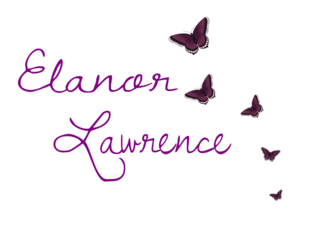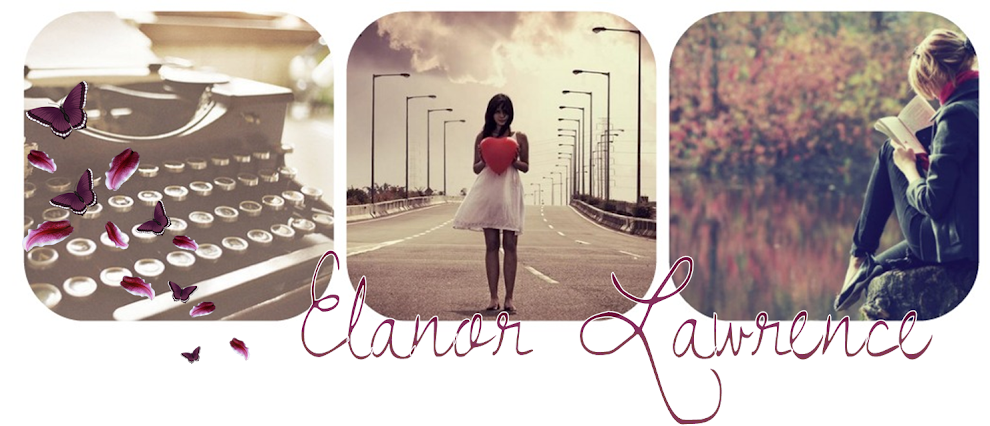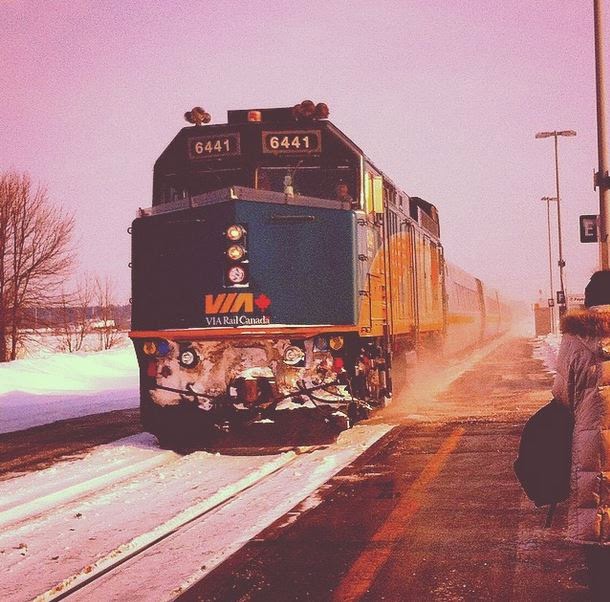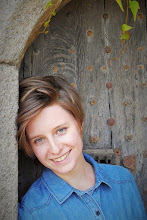 |
| Taking advantage of a rare opportunity to have a snowball fight! |
Day 100. It’s somewhat fitting that this milestone should
fall on my last day in St. Andrews this year. Far too early tomorrow I’ll catch
a bus, and then a train, and then another train, and another, and another, and
finally drive with my great Aunt and Uncle to their house just south of
Nottingham.
I’m really looking forward to a proper British Christmas.
I love mulled wine and mince pies and carol services with beautiful descants
and bell-ringing and Christmas pudding and Christmas specials on the telly and
nice chocolates and queuing in M&S for the Christmas turkey and being
excessively confused at Christingles. Yes, I’ll miss spending the holidays with
my immediate family, but there’s something really special about British
Christmas traditions.
 |
| Mandatory cathedral shot |
Still, I’m sad the semester is over. The past 100 days
have truly been wonderful, if tiring and stressful and confusing at times. I’ve
made some amazing new friends, have attended and hosted so many wonderful
get-togethers, and also managed to write 11,000 (reasonably) intelligent words.
The fact that I’m 1/9th of the way through my three-year
PhD is a little scary. Although I had quite a satisfactory meeting with my
supervisors last week and I’ve produced half a chapter and an annotated
bibliography and a three-page outline of the thesis, I can’t help but feel that
time is going to catch up to me far too soon.
All in all, though, I love the PhD. I love the fact that
I get paid to live in a town I adore with people so dear to me and my “job” is
to go sit in a cozy office and read and write about a subject I find
fascinating. I really can’t imagine anything better.
 |
| My squad. |
I’m working on being more grateful for everything God has
given me. More than anything, I want to grow in a deep-rooted joy that isn’t
dependant on circumstances, even though those might be great at the moment. I’m
so happy right now, but I don’t want to lose that joy when my supervisor tells
me my work isn’t up to par, or I have a falling out with a friend, or I can’t
get a job after I graduate.
It’s been a semester of growth, both academically and
personally. I’ve come face-to-face with so many of my weaknesses and built up
some of my strengths. I’m so grateful for the
people God has placed in my life this year, from my brilliant office-mates in
the English department to the keen freshers at church to the loyal friends I
can call at any time of day and know they’ll be there for me. Adjusting back
into life in St. Andrews hasn’t always been easy, but these people have all
made it so, so worthwhile.












.JPG)




.JPG)

